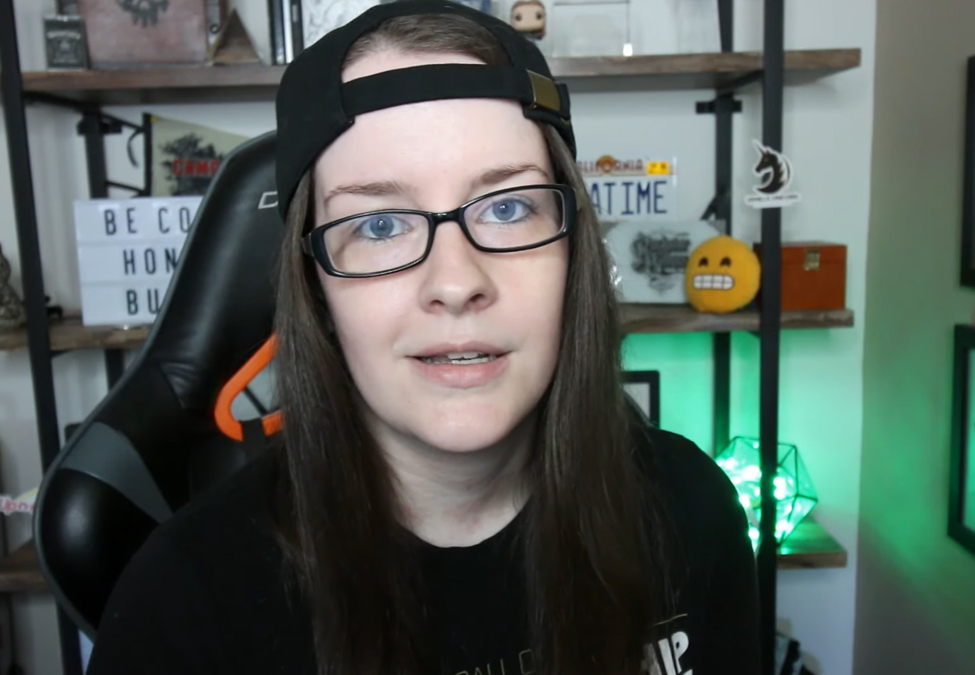Only a few players and personalities within esports have had the opportunity to be part of the iconic OpTic Gaming family, and one of those people is Ashley “MiDNiTE” – a popular content creator that particularly excelled in Call of Duty.
Recently leaving after a 10-year stint due to OpTic Gaming’s new ownership, MiDNiTE has already announced her new venture in the industry: consulting for the recently-announced Minnesota Call of Duty franchise.
Esports Insider spoke to MiDNiTE to get an understanding of the changes within OpTic Gaming from an internal perspective and find out how her new venture in Minnesota came about.

Esports Insider: What do you make of Immortals Gaming Club acquiring Infinite Esports & Entertainment?
MiDNiTE: It’s definitely one of the most interesting things that I’ve seen during my time in esports. Obviously, Hector [Rodriguez] had sold OpTic Gaming to Infinite Esports & Entertainment, then Infinite wanted to sell, Hector tried to buy it back, and then Immortals Gaming Club got involved and bought the organisation. I don’t think we’ve ever seen something like that in esports.
I had a decent experience with IGC as far as communicating the end of my contract and my own future plans. I was handled correctly by them. Do I think the future of OpTic Gaming is bright, though? Not without Hector.
ESI: Why did you decide to leave OpTic Gaming?
M: Things have changed too much. There’s just too much change that’s happened within OpTic Gaming for it to have the same family feel that it used to have for me personally.
ESI: What made you want to get involved with the Minnesota franchise?
M: When I made my announcement that I’d be leaving OpTic Gaming, I already had a general idea that I’d be working with the Minnesota franchise. I also received a lot of attention around the time of my depature and I did get some interesting offers elsewhere.
The reason that I want to work with Minnesota – more than it being geographically close to me – is that they’re new and promising. Part of the ownership group is the Wilf family, who own one of my favourite sports teams in the Minnesota Vikings, so I feel like they’re my people. Also, having Gary Vaynerchuck being an investor is very, very exciting.
My initial conversations with those behind the franchise went really well, their goals for where they want to end up in the space make a lot of sense to me and align with the goals that I have set out for myself in esports. I want to help them build out this amazing brand in Minnesota, build an incredible team, and succeed. I think I can help with that in many ways.

ESI: Can you tell us about your involvement with the franchise at all?
M: When I initially started talking to Call of Duty Minnesota, they had approached me and I was interested in working with them straight away. We discussed myself doing a lot of general consulting for the first few months of my time here. There are a lot of areas that I feel I can help them in, more than just trying to outfit a Call of Duty team.
I’m going to be working closely with the team to help them make the right decisions, from finding players to outfitting the new headquarters, creating content around the players, branding, social media, and so on. I’m going to have fingers in a lot of pies and it’s really exciting for me!
They don’t have like an existing team or a rapport with any players or staff within Call of Duty so it’s interesting for me to get the chance to help with those things and more.
ESI: What’s your opinion on the introduction of franchising in Call of Duty esports?
M: It’s going to be really interesting to have like a more formatted, structured, regional competition that’s similar to what Activision Blizzard did with the Overwatch league. That’s been interesting to watch as it develops. I think that for Call of Duty, most people are afraid of change but I don’t think that change is necessarily always a bad thing. This could really help a lot of the players and it will give fans a whole new experience when they’re cheering for their local team.
ESI: What do you make of the changes that you’ve seen in esports from when you first joined esports up until now?
M: Even though I was a content creator during my time on OpTic Gaming, I still paid closed attention to the competitive side of gaming – especially with Call of Duty. There has been steady growth in the last 10 years but the last three to four years in particular it seems as if things have really boomed – that’s something important to pay attention to. This is why you’re seeing a lot of professional sports teams and investors come into the space.
There is still a ton of room for growth obviously, especially with teams and investors not just looking at the next couple of years, but instead looking decades ahead. I think this is only a good thing for the industry.
ESI London 2019 – Find out more

